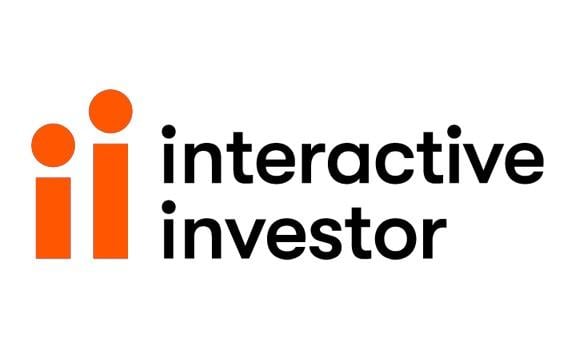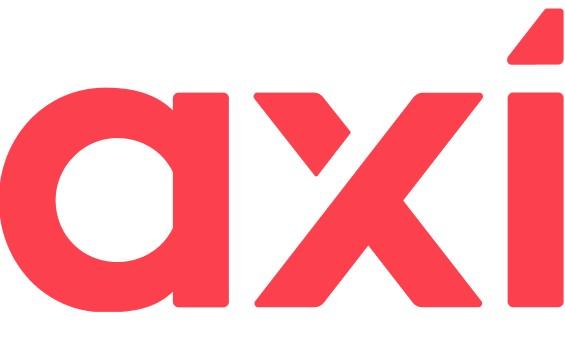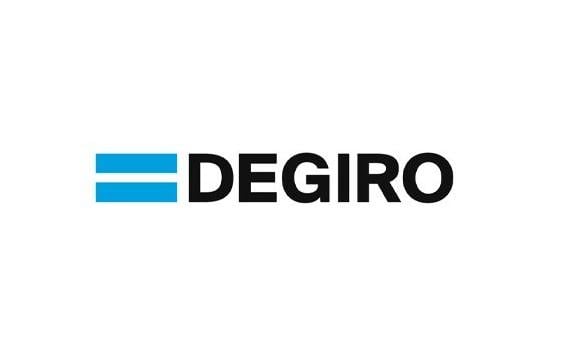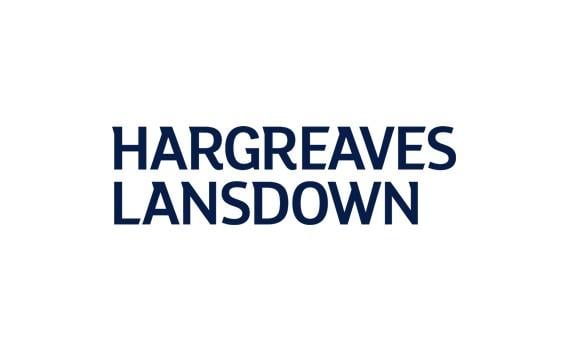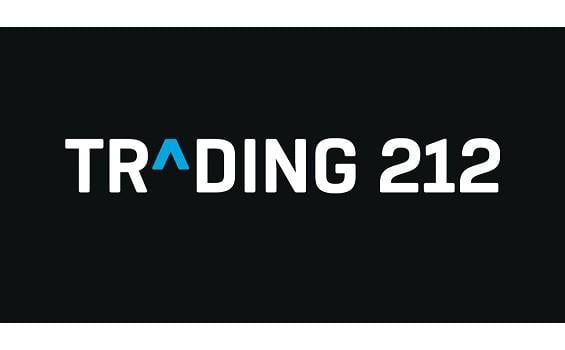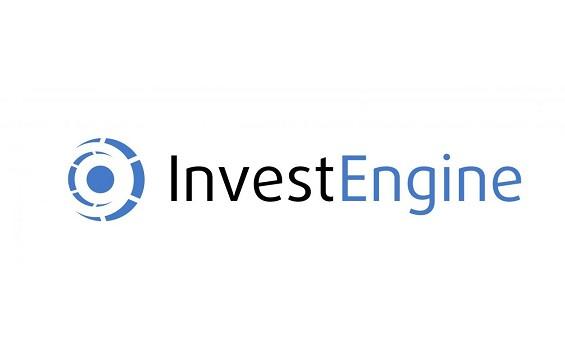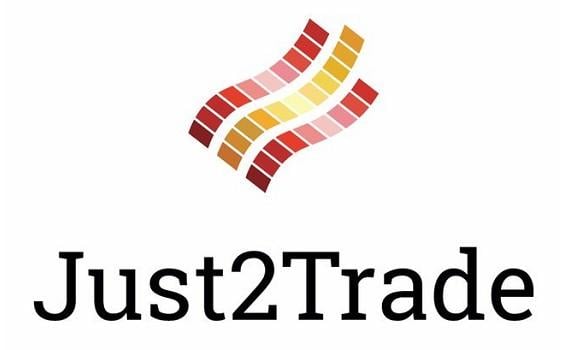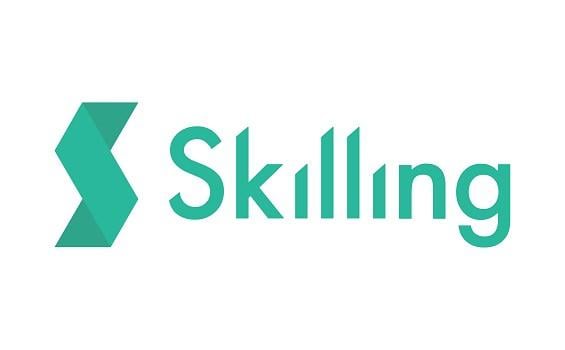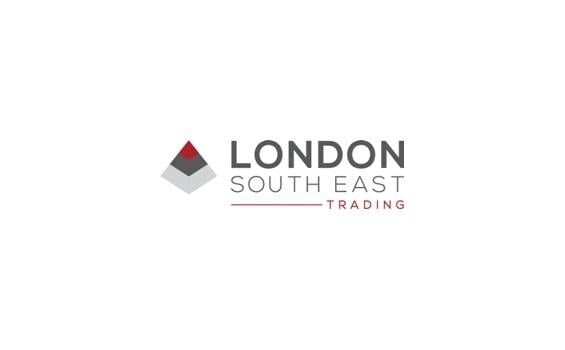- Home
- Share Prices
- AQSE Share Prices
- Euronext
- Stock Screeners
- Share Chat
- FX
- News & RNS
- Events
- Media
- Trading Brokers
- Finance Tools
- Members
Latest Share Chat
 How to Buy Aviva Shares (AV.)
How to Buy Aviva Shares (AV.)
AV. Share
PriceAV. Share
NewsAV. Share
ChatAV. Share
Trades6,109AV.
Live RNSAV. Share
ChartsAV. Level 2
ConsoleAV. Live
Share PriceAV. Broker
RatingsAV. Directors
DealsAV. Financial
DiaryAV.
FundamentalsAV. Short
PositionsAV.
Media
Watchlists are a member only feature
Login to your account
Don't have an account? Click here to register.What's in this guide?
Can I buy Aviva Shares?
You can buy shares in any company that is listed on a stock exchange. The quoted share price is the price you pay for each share you want to buy. The company share price fluctuates during trading hours as shares are traded on the stock exchange. The price reflects demand. The share price can be influenced by the business performance of the company and can also be affected by broader economic conditions such as the Coronavirus pandemic.
Trading on the London Stock Exchange takes place between 8 am and 4.30 pm. Each stock has its own name or ticker code. AV. is the Aviva ticker.
You can currently buy Aviva shares for approximately 463.00p per share.
Key Aviva Share Information
| Price | 463.80 |
| Bid | 462.90 |
| Ask | 463.10 |
| Change | 5.30 (1.16%) |
| Volume | 5,380,631 |
| Open | 463.80 |
| High | 464.40 |
| Low | 460.30 |
| Prev. Close | 458.50 |
| Currency | GBX |
The 'Bid' price is what you pay to buy a share, the 'Ask' is the price a seller 'offers' to buy shares at. The 'Spread' is the difference between the buy and sell prices. The spread can be small on very popular shares which are bought and sold in large volumes. When volumes are lower, the spread is wider. The 'Change' is how much the stock price has gone up or down on the day, blue is positive and red negative.
How to buy Aviva Shares
Is it a good time to buy Aviva shares? As an investor, it is important for you to do your own research and decide if this is the right time to buy or sell. The theory with stocks is to buy when the share price is low and sell when the share price is high. To do that successfully you need to do as much research as you can. This can include reading broker notes and bulletin boards, and looking at CEO video interviews or company presentations. Keep an eye out for RNS (Regulatory News Service) news releases from the company between 7/8 am as these often influence demand and move the share price.
Check out the links below to learn more about Aviva:
- Search for the share you would like to buy.
- Click buy and carefully read information about price, fees and any other important information provided during the process.
- Confirm the order – you will be asked to confirm the trade. Once you have done this you will own shares! You will be able to see shares that you own, along with your trading history within your trading platform.
How to sell Aviva Shares
When you invest in shares it is not just advisable but essential to have a long-term strategy. Like when you buy shares, you should continue to do your own research to decide when the right time is to sell your shares. Think through beforehand how much profit you would like to make, and at what price you might sell Aviva shares. Equally important, if the shares you own lose value, think through what you would do. A loss isn’t a loss until you sell and convert the shares back to cash. Sometimes it pays to be patient and wait. People who buy and sell shares regularly to make a quick profit are known as day traders, and people who wait longer for a theoretically much larger gain are long term holders.





